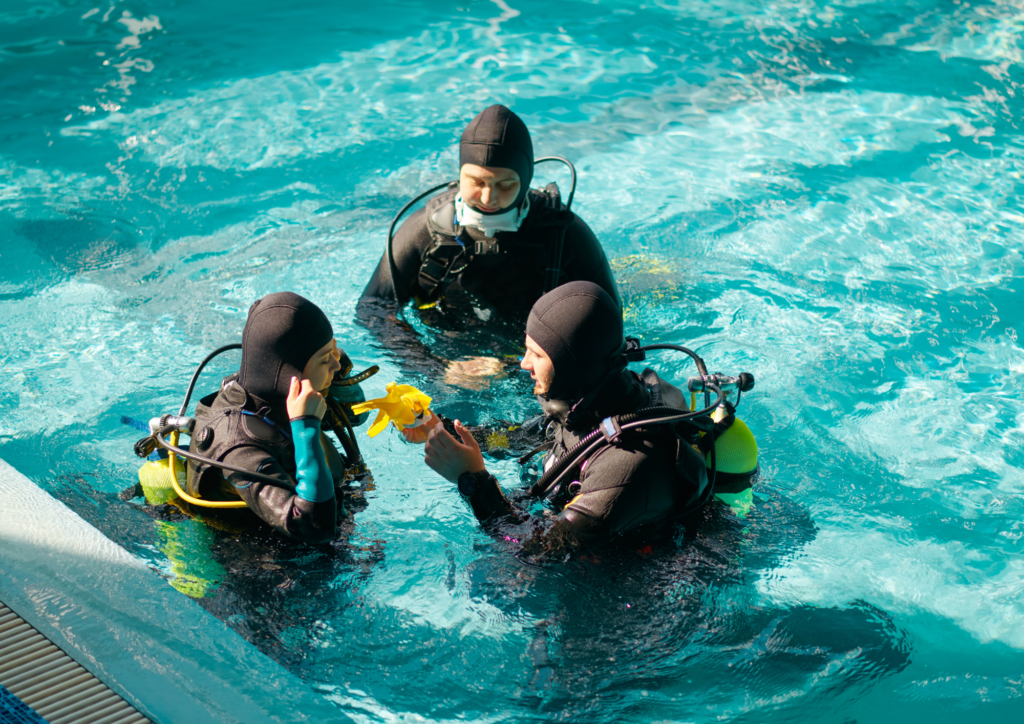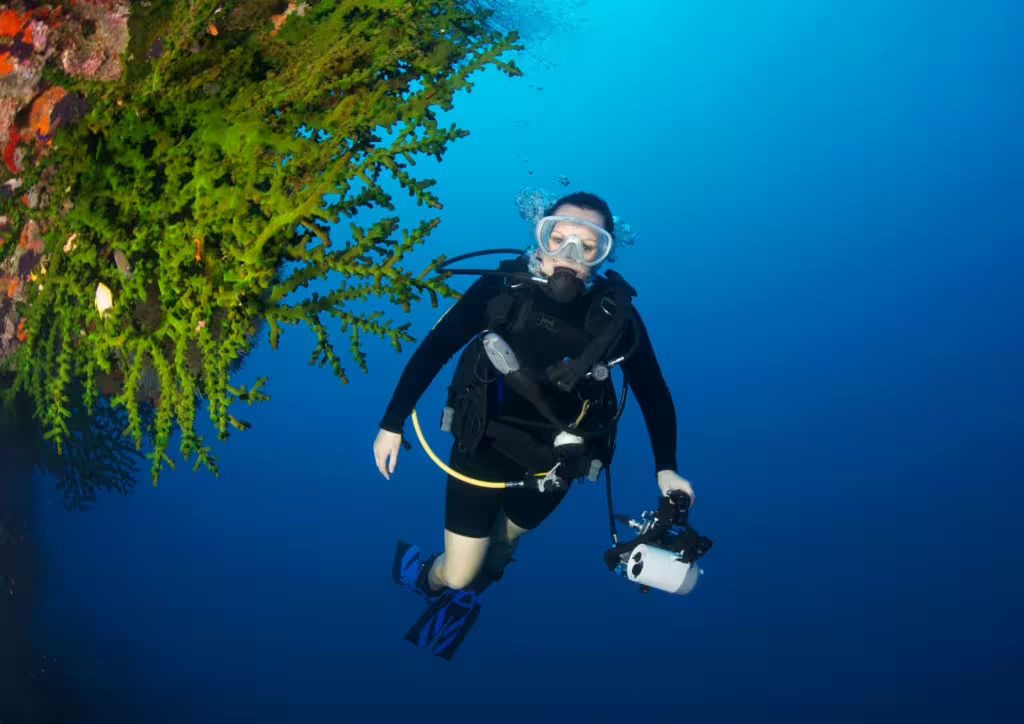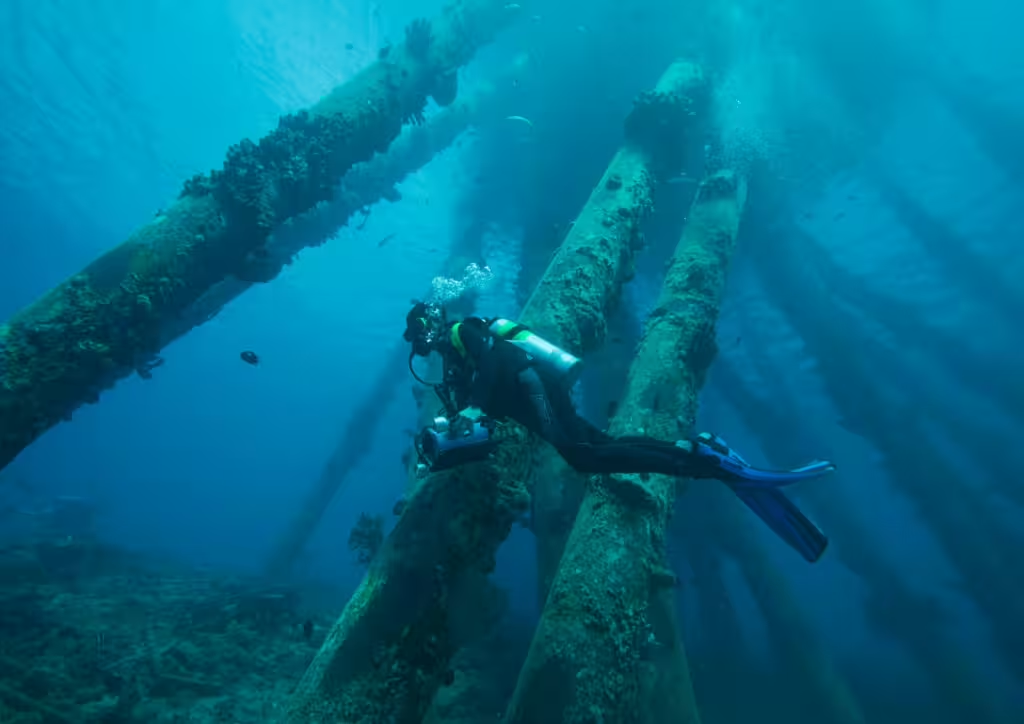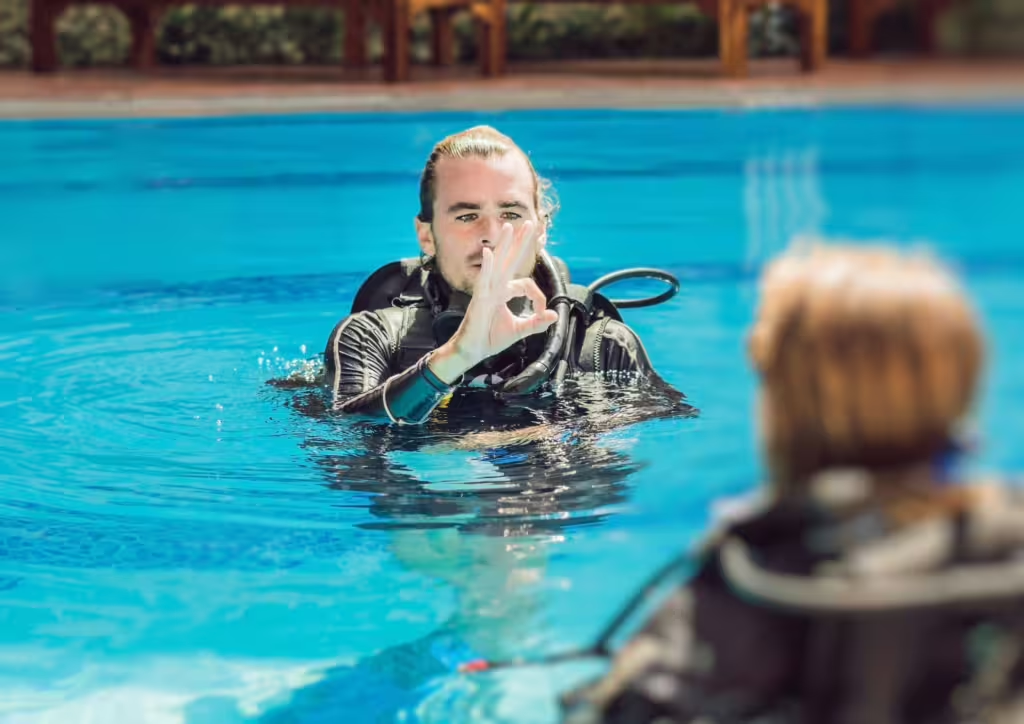For those longing to experience the thrill of diving, enrolling in a Bali Open Water Diving Course is the perfect gateway. This beginner’s essential guide not only covers the significance of learning how to dive but also explores what to expect in a typical training program. With crystal-clear waters and diverse ecosystems, Bali offers a world where novices can dive into adventure while embracing the beauty beneath the surface.
What is the Bali Open Water Diving Course?
The Bali Open Water Diving Course is an introductory program designed for aspiring divers who wish to explore the mesmerizing underwater world. This course typically includes both theoretical knowledge and practical training, enabling participants to learn the essential skills for safe scuba diving. Over the duration of the course, students engage in classroom sessions, pool training, and actual dives in open water, where they can apply their skills in real-world scenarios.
It is structured to provide a solid foundation in dive safety, equipment handling, underwater navigation, and marine conservation principles, ensuring a comprehensive learning experience for beginners. As a certification course recognized globally, completing the Bali Open Water Diving Course opens the door to future diving adventures across the world. Bali stands out as a premier destination for beginners due to its vibrant marine life, crystal-clear waters, and diverse dive sites that cater to all skill levels.
With abundant coral reefs and an array of colorful fish, Bali offers an enchanting environment that captivates novice divers. The warm waters and favorable diving conditions enhance the overall experience, making it an ideal location for the Bali Open Water Diving Course. Furthermore, the course is often led by experienced instructors who are passionate about sharing their knowledge of the ocean, ensuring that learners feel supported throughout their journey into the depths below.
Why Choose Bali for Your Diving Experience?

Bali stands out as an exceptional destination for diving enthusiasts, particularly beginners embarking on a Bali Open Water Diving Course. The island is renowned for its breathtaking marine biodiversity, hosting a vibrant array of coral reefs teeming with colorful fish and fascinating underwater creatures. Locations such as Tulamben and Amed offer divers the chance to explore unique dive sites, including wrecks and vibrant coral gardens that cater to all levels of experience, making them perfect spots for a Bali Open Water Diving Course.
With its warm waters year-round and stunning visibility, Bali presents an idyllic backdrop for immersing yourself in the underwater world. Taking a Bali Open Water Diving Course here means not only learning essential skills but also discovering world-class dive sites in a tropical paradise.
Beyond the ocean, Bali enhances the diving journey through its rich cultural tapestry. While joining a Bali Open Water Diving Course, participants can also enjoy traditional Balinese cuisine, warm hospitality, and vibrant local customs. The island’s surf, sun, and spiritual charm create an inviting atmosphere for relaxation after a day of diving.
Choosing a Bali Open Water Diving Course ensures you leave with both new skills and unforgettable memories, making Bali the perfect setting for any novice diver.
Course Structure and What to Expect
The Bali Open Water Diving Course is structured to provide a comprehensive foundation for beginners, combining theoretical knowledge with practical skills. The journey starts with classroom sessions where learners are introduced to essential concepts such as equipment usage, safety protocols, and marine environment awareness. These lessons prepare participants for the hands-on experience ahead, ensuring they understand the core principles required for safe and enjoyable diving.
Next, the Bali Open Water Diving Course moves to confined water training, giving students the chance to practice fundamental techniques like equalizing pressure, buoyancy control, and emergency procedures in a safe environment. This step builds confidence before heading out to the ocean.
Once ready, participants transition to open water dives, where they explore Bali’s stunning marine life while applying their new skills in real-world conditions. Each dive enhances experience and confidence, making the Bali Open Water Diving Course both exciting and rewarding.
Beyond diving, the Bali Open Water Diving Course also immerses students in the island’s beauty, offering a perfect balance of adventure, learning, and cultural exploration. With every session, learners gain not only new skills but also unforgettable memories, proving why the Bali Open Water Diving Course is the ideal start to a lifelong diving journey.
Essential Gear and Equipment for Beginners

When embarking on your journey into the vibrant waters of Bali through the Open Water Diving Course, having the right gear is crucial for both safety and comfort. As a beginner, you’ll need to prioritize essential items such as a high-quality mask, fins, and wetsuit. A well-fitted mask ensures a clear view of the beautiful underwater world while preventing water from entering, allowing you to fully immerse yourself in the experience. Fins are also vital, enabling easier movement through the water.
Wetsuits, on the other hand, provide thermal protection and help prevent jellyfish stings, making them an essential aspect of your diving attire. Remember to choose gear that fits you properly, as ill-fitting equipment can lead to discomfort or even potential hazards during your dives. Furthermore, alongside the basic gear, it is important to understand the functionality of each piece before you dive into the ocean.
For instance, consider investing in a snorkel, which enhances your surface breathing and can be helpful for pre-dive preparation. Additional accessories like a dive computer or depth gauge play a pivotal role in monitoring your underwater time and depth, ensuring a safe diving experience. By equipping yourself with the right essential gear and ensuring proper fit, you’re setting the stage for a memorable adventure through the stunning underwater realm of Bali.
Safety Practices and Guidelines for New Divers
Safety is a cornerstone of the Bali Open Water Diving Course, especially for beginners eager to explore the vibrant underwater world. Proper safety practices begin with understanding the dive environment, including the local marine life and potential hazards. New divers should familiarize themselves with essential equipment checks before each dive, ensuring that gear like the regulator, buoyancy control device (BCD), and tanks are functioning properly.
Attentively listening to your instructor is paramount; they are trained to assess your readiness and offer immediate guidance on safe diving techniques. Prioritizing a dive buddy system fosters safety, as you are responsible for keeping an eye on each other during the dive, enhancing both safety and camaraderie in the water. In addition to safety practices, divers should adhere to established etiquette, such as respecting coral reefs and marine habitats, minimizing noise, and maintaining buoyancy control to avoid disturbing sea life.
Following these guidelines contributes to a positive experience for all divers and helps conservation efforts. Instructors play a crucial role in this process, as they are adept not only in imparting necessary skills but also in cultivating a culture of respect and safety among new divers. By prioritizing safety, you set the stage for an unforgettable underwater adventure in Bali’s stunning marine environment.
Preparing for Your Diving Adventure in Bali

Preparing for your diving adventure in Bali is an exciting step that sets the stage for a transformative underwater experience. First and foremost, packing the right gear is essential. While most diving schools provide equipment like wetsuits and tanks, personal items like snorkeling masks, fins, and a rash guard can enhance your comfort and enjoyment.
Don’t forget to include sunscreen—preferably reef-safe—as well as a reusable water bottle to stay hydrated in the warm Bali sun. Eating a balanced diet rich in carbohydrates and proteins will also fuel your body for the physical demands of diving, helping you stay energized throughout your course. Managing anxiety or fear about diving is equally important for new divers. It’s natural to feel nervous, but communication with your instructor can alleviate worries.
They can provide reassurance, answer questions, and guide you through breathing exercises to help you relax. Additionally, familiarize yourself with the basics of diving beforehand, which can build your confidence and prepare you mentally for the underwater adventure ahead. Embrace this opportunity to connect with the vibrant marine life of Bali as you take the plunge into the depths of the ocean!
Embarking on Your Underwater Journey: Taking the Plunge with Confidence
In conclusion, embarking on a Bali open water diving course is an exhilarating way to dive into the depths of marine beauty and expand your horizons. With the right preparation, training, and respect for underwater ecosystems, beginners can cultivate a lifelong passion for diving while creating unforgettable memories amidst vibrant coral reefs and fascinating marine life. This guide serves to equip aspiring divers with the essential knowledge and insights to navigate their journey confidently, ensuring a safe and enjoyable experience from the outset.
Remember, every dive presents an opportunity to discover something new, not only about the underwater world but also about yourself. As you take the plunge into this exciting adventure in Bali, keep in mind that patience and practice will be your best allies. So gear up, embrace the thrill of exploration, and go forth with an open heart and mind to unravel the wonders that await you beneath the waves. Happy diving!

